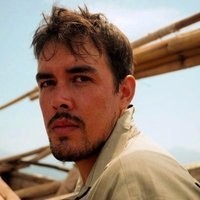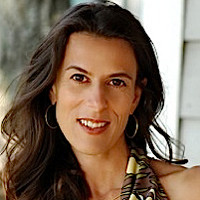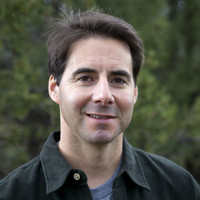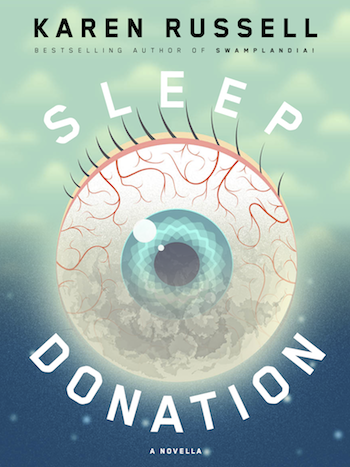Bruce Springsteen's SXSW Keynote Address
Delivered at the Austin Convention Center on March 15, 2012.
In the beginning, every musician has their genesis moment. For you, it might have been the Sex Pistols, or Madonna, or Public Enemy. It's whatever initially inspires you to action. Mine was 1956, Elvis on the Ed Sullivan Show. It was the evening I realized a white man could make magic, that you did not have to be constrained by your upbringing, by the way you looked, or by the social context that oppressed you. You could call upon your own powers of imagination, and you could create a transformative self.















